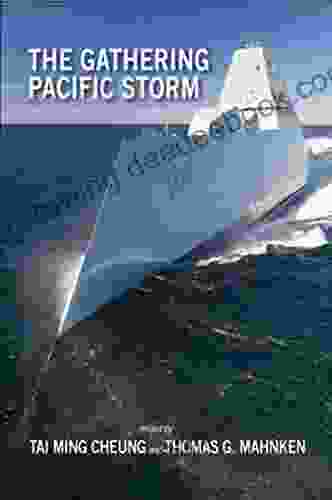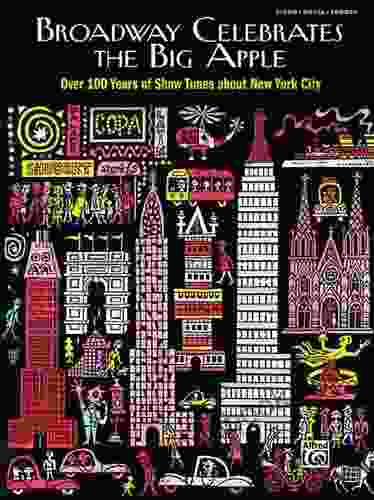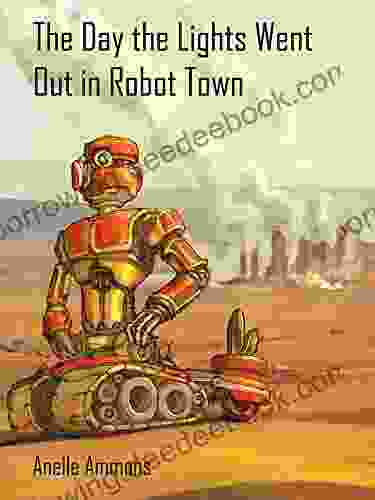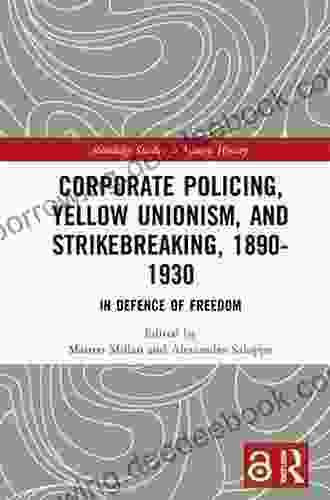The Oxford Handbook of Civil Society

The Oxford Handbook of Civil Society is a comprehensive overview of the field of civil society. The handbook provides a critical analysis of the concepts, theories, and empirical findings on civil society, and examines the challenges facing civil society in the 21st century. The handbook is divided into five parts. Part I provides an overview of the concept of civil society, discussing its history, evolution, and different definitions. Part II covers the theories of civil society, discussing the different theoretical approaches to understanding civil society and its role in society. Part III covers the empirical findings on civil society, discussing the evidence on the size, scope, and impact of civil society around the world. Part IV covers the challenges facing civil society, discussing the threats to civil society and the ways in which civil society can respond to these challenges. Part V concludes the handbook, providing a summary of the key findings and insights from the handbook. <h2>The Concept of Civil Society</h2> The concept of civil society has been around for centuries. It was first used by the ancient Greek philosopher Aristotle in his work Politics. Aristotle defined civil society as the "part of society that is concerned with the common good." This definition has been refined and expanded over the years, but it still captures the essence of civil society: a sphere of social and political activity that is separate from the state and the market, and that is concerned with the common good. There are many different definitions of civil society, but they all share some common elements. First, civil society is understood as a sphere of social and political activity that is separate from the state and the market. This does not mean that civil society is independent of the state and the market. In fact, civil society often interacts with the state and the market, and it can be shaped by both. However, civil society is not controlled by the state or the market, and it has its own distinct identity. Second, civil society is understood as a sphere of activity that is concerned with the common good. This does not mean that civil society is always successful in achieving the common good. In fact, civil society can sometimes be divided and conflictual. However, the common good is always the ultimate goal of civil society. Third, civil society is understood as a sphere of activity that is voluntary. People participate in civil society because they want to, not because they are forced to. This voluntary nature of civil society is one of its strengths. It allows civil society to be a source of innovation and creativity. <h2>The Theories of Civil Society</h2> There are many different theories of civil society. Some of the most influential theories include: * **The liberal theory of civil society** emphasizes the role of civil society in protecting individual rights and freedoms. Liberal theorists argue that civil society is a necessary check on the power of the state. * **The republican theory of civil society** emphasizes the role of civil society in promoting civic virtue. Republican theorists argue that civil society is essential for the development of a healthy democracy. * **The Marxist theory of civil society** emphasizes the role of civil society in reproducing the capitalist mode of production. Marxist theorists argue that civil society is a site of class struggle. * **The feminist theory of civil society** emphasizes the role of civil society in promoting gender equality. Feminist theorists argue that civil society can be a space for women to organize and challenge patriarchal power structures. These are just a few of the many different theories of civil society. There is no one right theory of civil society. The best theory of civil society will depend on the specific context in which it is being applied. <h2>The Empirical Findings on Civil Society</h2> There is a growing body of empirical research on civil society. This research has found that civil society is a complex and diverse phenomenon that varies greatly from country to country. However, some general trends have emerged from the research. First, the research has found that civil society is a significant force in many countries. Civil society organizations (CSOs) are involved in a wide range of activities, including education, health care, social welfare, and environmental protection. CSOs can play an important role in providing services to the public, and they can also help to hold the government accountable. Second, the research has found that civil society is not always a force for good. CSOs can sometimes be corrupt or ineffective. They can also be used to promote harmful ideologies. It is important to be aware of the potential risks of civil society, and to take steps to mitigate these risks. Third, the research has found that civil society is facing a number of challenges in the 21st century. These challenges include: * **The rise of authoritarianism** * **The decline of social capital** * **The increasing commodification of civil society** These challenges are threatening the vitality of civil society in many countries. It is important to understand these challenges and to find ways to respond to them. <h2>The Challenges Facing Civil Society</h2> Civil society is facing a number of challenges in the 21st century. These challenges include: * **The rise of authoritarianism:** Authoritarian governments are cracking down on civil society organizations (CSOs) in many countries. This is a serious threat to civil society, as it can lead to the suppression of dissent and the erosion of democratic institutions. * **The decline of social capital:** Social capital is the trust and cooperation that exists between people in a community. It is an important foundation for civil society, as it allows CSOs to operate and thrive. However, social capital is declining in many countries, due to factors such as individualism and inequality. * **The increasing commodification of civil society:** Civil society organizations are increasingly being commodified, meaning that they are being treated like businesses. This can lead to a loss of independence and accountability. These are just a few of the challenges facing civil society in the 21st century. It is important to understand these challenges and to find ways to respond to them. The Oxford Handbook of Civil Society is a valuable resource for anyone interested in learning more about this important topic. The handbook provides a comprehensive overview of the concepts, theories, and empirical findings on civil society, and it examines the challenges facing civil society in the 21st century.4.4 out of 5
| Language | : | English |
| File size | : | 2443 KB |
| Text-to-Speech | : | Enabled |
| Screen Reader | : | Supported |
| Enhanced typesetting | : | Enabled |
| Word Wise | : | Enabled |
| Print length | : | 536 pages |
| Lending | : | Enabled |
Do you want to contribute by writing guest posts on this blog?
Please contact us and send us a resume of previous articles that you have written.
 Novel
Novel Page
Page Story
Story Genre
Genre Reader
Reader Library
Library E-book
E-book Magazine
Magazine Bookmark
Bookmark Foreword
Foreword Preface
Preface Synopsis
Synopsis Manuscript
Manuscript Scroll
Scroll Tome
Tome Bestseller
Bestseller Classics
Classics Narrative
Narrative Memoir
Memoir Encyclopedia
Encyclopedia Thesaurus
Thesaurus Narrator
Narrator Character
Character Librarian
Librarian Catalog
Catalog Card Catalog
Card Catalog Borrowing
Borrowing Study
Study Scholarly
Scholarly Lending
Lending Reserve
Reserve Academic
Academic Special Collections
Special Collections Study Group
Study Group Thesis
Thesis Storytelling
Storytelling Awards
Awards Reading List
Reading List Book Club
Book Club Textbooks
Textbooks Jeff Evans
Jeff Evans Amin Beheshti
Amin Beheshti Marc Sageman
Marc Sageman Alexander Starritt
Alexander Starritt Ray Russell
Ray Russell Renee Joiner
Renee Joiner Chris Luzniak
Chris Luzniak Claudia Looi
Claudia Looi Clare Kingslake
Clare Kingslake J P Nettl
J P Nettl Thony Loui
Thony Loui Alan M Leduc
Alan M Leduc Bharatendra Rai
Bharatendra Rai William F Stone
William F Stone Stephanie Hammond
Stephanie Hammond Jeff Anderson
Jeff Anderson Jane Keefer
Jane Keefer Nick Cutter
Nick Cutter Andrew Malcom
Andrew Malcom Jimmy L Bryan Jr
Jimmy L Bryan Jr
Light bulbAdvertise smarter! Our strategic ad space ensures maximum exposure. Reserve your spot today!
 Gerald ParkerFollow ·7.5k
Gerald ParkerFollow ·7.5k Al FosterFollow ·19.3k
Al FosterFollow ·19.3k George BellFollow ·11.6k
George BellFollow ·11.6k Gordon CoxFollow ·19.9k
Gordon CoxFollow ·19.9k Orson Scott CardFollow ·19.1k
Orson Scott CardFollow ·19.1k Dalton FosterFollow ·19.5k
Dalton FosterFollow ·19.5k Floyd RichardsonFollow ·5.1k
Floyd RichardsonFollow ·5.1k Ethan GrayFollow ·4.9k
Ethan GrayFollow ·4.9k

 Darius Cox
Darius CoxThe Gathering Pacific Storm: An Epic Struggle Between...
The Gathering...

 Hugo Cox
Hugo CoxHow CIA-Contra Gangs and NGOs Manufacture, Mislabel, and...
In the annals of covert operations, the CIA's...

 Finn Cox
Finn CoxDr. Brandt's Billionaires Club Series: The Ultimate...
A Journey into the Pinnacle of...

 Isaac Asimov
Isaac AsimovCurrent Affairs Daily Digest 20180730 30th July 2024
National ...

 Felix Carter
Felix CarterBroadway Celebrates The Big Apple Over 100 Years Of Show...
Broadway Celebrates the Big Apple: Over 100...

 Beau Carter
Beau CarterThe Big Book of Flute Solos: A Comprehensive Collection...
If you're a flute player,...
4.4 out of 5
| Language | : | English |
| File size | : | 2443 KB |
| Text-to-Speech | : | Enabled |
| Screen Reader | : | Supported |
| Enhanced typesetting | : | Enabled |
| Word Wise | : | Enabled |
| Print length | : | 536 pages |
| Lending | : | Enabled |












